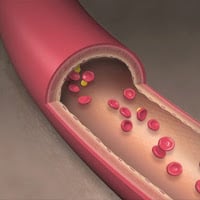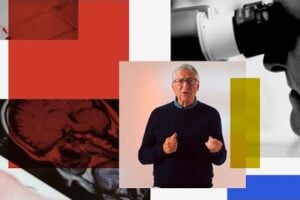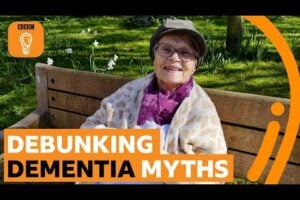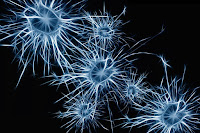 SPECIAL ANIMATION + TRANSCRIPT:
SPECIAL ANIMATION + TRANSCRIPT:
Vascular dementia can be triggered by plaque build-up in brain arteries. This is called atherosclerosis, nicknamed “hardening of the arteries”. See how atherosclerosis develops in this fascinating Mayo Clinic animation.
Keeping track of cholesterol count and blood pressure helps avoid atherosclerosis (and vascular dementia) by keeping our arteries healthier.
Transcript below video.
TRANSCRIPT:
Here’s how Atherosclerosis usually develops.
The normally smooth inner lining of healthy arteries can become damaged by a number of conditions, for example by high blood pressure. The resulting surface is rougher, allowing fatty components in the blood to stick to it. This buildup is called plaque.
Over time the buildup becomes thicker and less flexible and is sometimes referred to as hardening of the arteries. The channel, through which blood flows, becomes narrower. Plaque is fragile and often rough on the surface, making it more likely for blood clots to form.
It’s possible for large clots to block the flow of blood entirely. In the brain, this can cause a stroke; in a coronary artery, a heart attack.
These events are the foundations of vascular dementia. Avoid the slow, steady buildup of these plaques in the arteries with a long-term heart-healthy lifestyle.
SOURCE:
Video and transcript courtesy of The Mayo Clinic











My mom has small vessel disease and this past year was diagnosed with dementia and has gone down hill fast in this past year. How do you know what kind on dementia a person has? Because my mom has small vessel heart disease how can we check to see if vascular dementia is what she has? My grandfather passed of lewy bodies .How do you know what kind one has?
Check out the video and article:
10 Type of Dementia
http://www.alzheimersweekly.com/2013/07/10-types-of-dementia.html
Teepa Snow has a 20-minute video on "What Type of Dementia Does She Have?"
There are many types of dementia. Though it can strike at any age, it becomes more and more common as people get older. (Most people with dementia are over 65.) For example, in the video above, one can see that vascular dementia often results from the build-up of plaque over many years. Eating unhealthy may not cause damage right away, but this video shows why the risk keeps building up as a person gets older.
I'm really curious if dementia common only to older people? Or even young adults can show signs and symptoms of dementia? Symptoms and Causes of Dementia